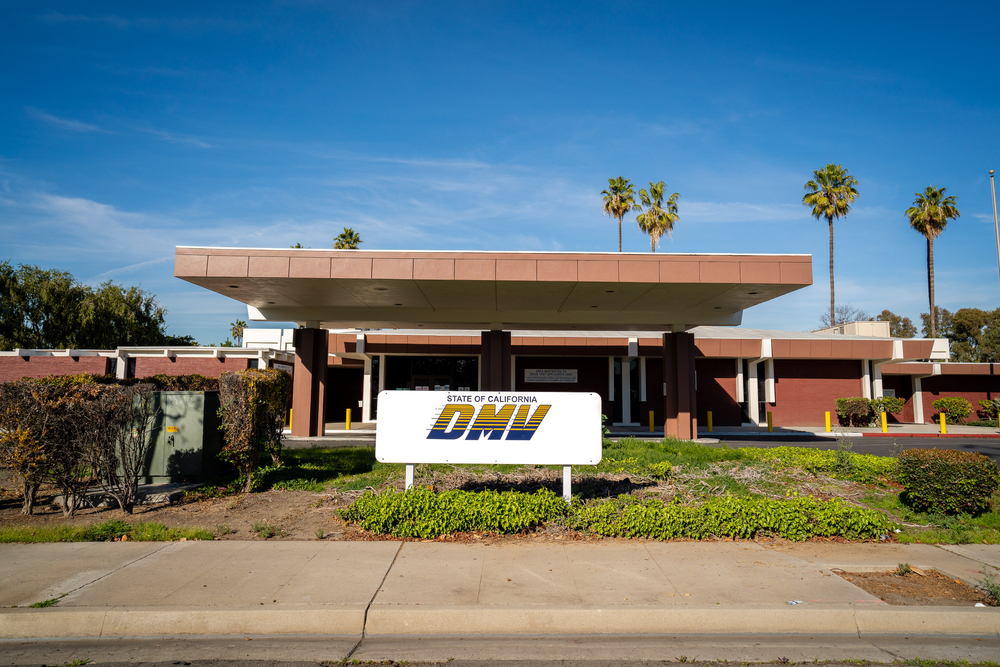California’s DMV provides a crucial public service: ensuring the safety of the motoring public. When a citizen is caught driving under the influence, this organization receives a sworn report from the arresting officer. The paperwork includes any driver’s license obtained from the scene, as well as any test results. The DMV then begins an internal process of administrative review, which involves analysis of the evidence and the provided report. This can result in permanent or temporary loss of driving privileges. As a California resident, you have a right to request a hearing after receiving your notice of license suspension or revocation. Here’s what to expect at your DUI DMV hearing.
DUI DMV Hearing Request
The DMV’s administrative review is an automatic process separate from criminal proceedings. Since the agency takes direct action against your driving privilege, this is referred to as Administrative Per Se, or APS. APS sanctions exist independently of court-imposed fines, sentences, or penalties that come after a DUI conviction. As such, your license can be automatically revoked or suspended by the DMV before any action is taken by the state.
A DUI DMV hearing is your opportunity to demonstrate that such action is not warranted. To file a DMV hearing request, you must contact the organization within ten days of receiving your revocation or suspension.
How to Prepare for a DMV Hearing
The first step is to educate yourself about the DMV hearing process. Unlike a criminal case, a DUI DMV hearing does not hinge upon your guilt or innocence. Instead, this administrative review focuses solely on two things:
- The circumstances surrounding the arrest, and
- Your driving privilege.
In a DMV hearing, you will be asked different questions based on whether or not you took a blood, breath, or urine test.
If you did take such a test, the presiding official will determine whether the officer had reasonable cause to believe you were driving under the influence, whether you were placed under arrest or detained, and whether you were driving with a BAC over 0.08%.
If you refused to take a test, the official will ask whether you were told that failure to complete one would result in a one-year suspension or a two- to three-year revocation.
Depending on the DMV’s scheduling and your responses to the above, you may achieve the following favorable outcomes:
- A stay of license suspension, which allows you to drive with a temporary license if a hearing does not occur within 30 days.
- Successful reinstatement of driving privileges, which means that the suspension is set aside.
Chances of Winning a DMV Hearing
The best way to increase your chances of winning a DMV hearing is to obtain experienced representation. At the Law Office of Ronald G. Brower, our specifically trained DMV defense experts are on your side. We will advocate for you and guide you through the complex process of defending your license.
Whether you face an administrative per se hearing, negligent operator hearing, or fatality hearing, we have what it takes to handle your case. Contact our office to be matched with your California DMV lawyer.

